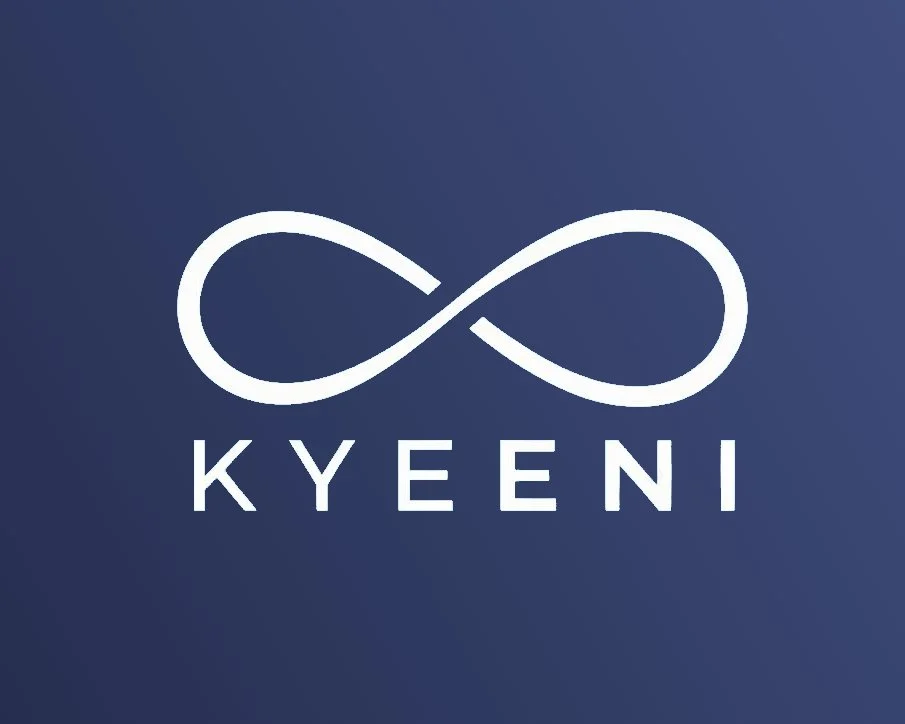Cutting through the jargon: Making sense of SEO, PPC & other digital buzzwords for South East London businesses
Let’s be honest — the world of digital marketing is full of confusing terms. SEO, PPC, CTR, CMS... it can feel like you need a second language just to keep up. But if you’re a local business owner in Welling, Eltham, Woolwich, or Bexley, you don’t need tech-speak. You need clear, honest advice that makes sense and actually helps your business grow.
At Kyeeni, we work with real businesses — cafes on Eltham High Street, barbers in Welling, builders in Plumstead, and beauty salons in Charlton — people who are great at what they do but don’t always have time to keep up with the latest in digital. This blog breaks down some of the most common jargon you might have heard but never really had explained. We’re here to take the confusion out of digital so you can focus on running your business.
SEO: What it is and why it matters
SEO stands for Search Engine Optimisation. Sounds complicated, but it’s really about making sure your website shows up when people in your area search for what you offer.
Let’s say you run a bakery in Bexleyheath. If someone types “birthday cakes Bexleyheath” into Google, good SEO means your website has a better chance of appearing on the first page. Most people never go beyond page one, so being there can make a real difference.
SEO involves a few things:
Keywords – using the right words on your website that match what people are searching for.
Website structure – making sure your site is easy to navigate.
Mobile-friendliness – your site needs to work well on phones.
Speed – a fast-loading site keeps visitors happy.
Local SEO – making sure your business shows up in local searches, especially with tools like Google Business Profile.
At Kyeeni, we make SEO understandable — no fluff, no waffle, just practical steps that help more locals find your business online.
PPC: Paying to get seen (the right way)
PPC stands for Pay-Per-Click, usually through platforms like Google Ads or Meta Ads (Facebook and Instagram). You create an advert, choose who sees it (e.g. people in Woolwich who like takeaways), and only pay when someone clicks on it.
It’s useful when:
You’ve just launched and want quick visibility.
You’re running a promo — say 20% off if you’re a new hair salon in Sidcup.
You want to compete in a busy local market.
But PPC can be a minefield if you’re not careful. Without the right setup, it’s easy to waste money showing ads to the wrong people or bidding on keywords that cost too much.
That’s why we help you focus on clear goals, tight targeting, and ad copy that speaks local language. A good PPC campaign should feel like word-of-mouth — just digital.
Other buzzwords, decoded
Here are some other digital terms you might hear thrown around:
CMS (Content Management System)
This is just the platform your website is built on. WordPress is a common one which most have heard of. But there’s Squarespace, Wix, Adobe, Sitecore - there’s hundreds of them but they all do the same mostly. It’s where you log in to edit your pages, change photos, or add a blog post. You don’t need to be a developer to use it — we set it up in a way that’s user-friendly, so you’re in control.
CTR (Click-Through Rate)
This is how many people saw your ad or search result and clicked on it. If 100 people saw your ad and 5 clicked, your CTR is 5%. It’s a way to measure how tempting your headline or ad copy is.
UX (User Experience)
UX is about how easy and enjoyable it is for someone to use your website. Are the buttons clear? Can you find the contact details easily? If your website frustrates visitors, they’ll leave — even if your service is excellent.
Conversion rate
This is how many of your visitors take action — book an appointment, fill in a form, or buy something. We’re not just interested in getting people to your site, but in getting them to act once they’re there.
Organic vs paid traffic
"Organic" traffic is free — people find you via search. "Paid" traffic is from ads. Ideally, your business should have a mix of both, depending on your goals.
Meta description
This is the short snippet of text that shows under your website title on Google. It’s your first impression — a mini sales pitch. An elevator pitch. A clear, catchy meta description can encourage more clicks.
Bounce rate
This tells you how many people visited your site and left without clicking anything. A high bounce rate often means your site isn’t grabbing attention — maybe it loads too slowly or doesn’t answer what they’re looking for.
SSL certificate
You might notice some websites start with “https://” instead of just “http://”. That extra “s” means the site is secure — it has an SSL certificate. Google likes secure sites, and so do visitors. If your site says “Not Secure” in the browser bar, it’s time to fix it.
Alt text
This is the text behind images on your website. It helps visually impaired users and tells Google what your pictures are about. It’s great for accessibility and SEO — win-win.
Responsive design
A responsive website automatically adjusts to fit different screen sizes — mobile, tablet, desktop. If your site looks odd or broken on a phone, it’s not responsive. And in South East London, where everyone’s on their mobiles, that’s a big deal.
Call to Action (CTA)
This is what you want people to do when they land on your site. “Call now”, “Book a consultation”, “Get a quote” — these are CTAs. A strong, clear CTA helps guide your visitors to take action.
So, what does this all mean for you?
If you run a small business in South East London, you don’t need to become a digital expert overnight. But understanding the basics — and having a team who can explain things without making you feel silly — can really help.
We’ve worked with local businesses across Welling, Eltham, Charlton, and Greenwich, helping them go from invisible to online and confident. Our approach is simple: we listen to what you want to achieve, we explain what’s possible (in plain English), and we do the heavy lifting — whether that’s rebuilding your website, managing a PPC campaign, or just making sure people can find you on Google.
Final word: No more jargon, just support
You don’t need fancy acronyms or buzzwords to grow your business online. You need clear advice, trusted support, and a website and digital presence that reflects what you’re about.
At Kyeeni, we believe in giving local businesses the tools — and the knowledge — to thrive. If you’re tired of feeling left behind when it comes to digital, drop us a message. We’ll sit down (virtually or over a coffee in Welling) and map it all out — in a way that makes sense for you.
Want help breaking down your digital options?
Let’s have a chat — no jargon, just honest advice. Send us a message today.


